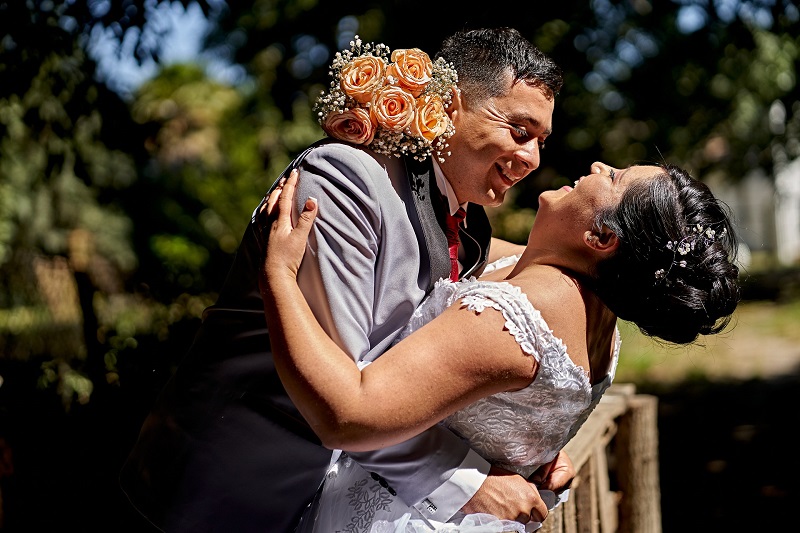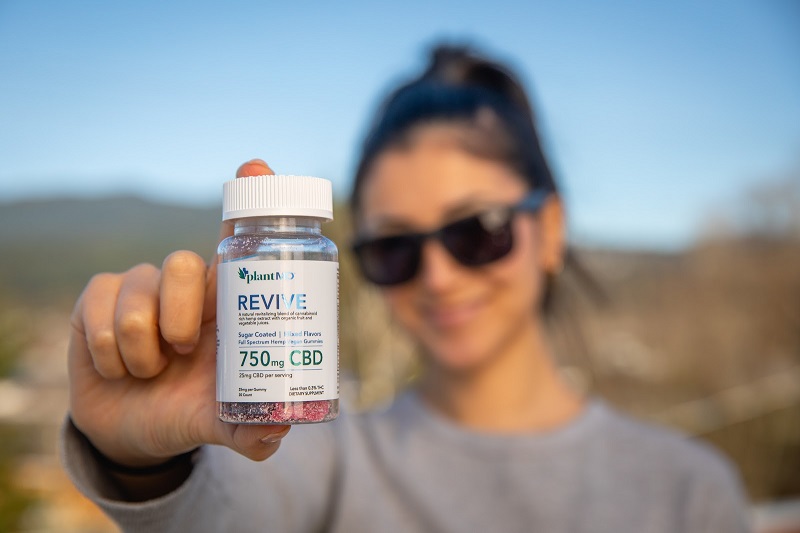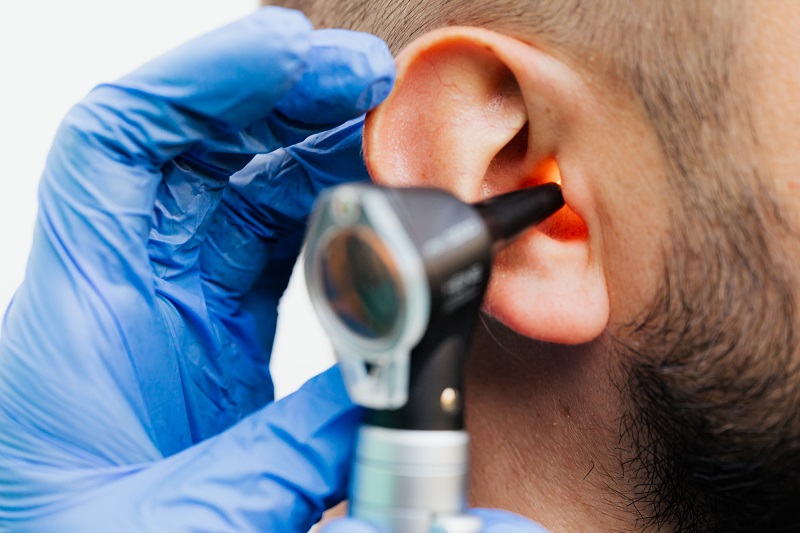Let’s Talk About the Basics of CBD
It feels like everyone has been talking about CBD lately. This isn’t surprising since industrial hemp was federally legalized in the United States in 2018.
Despite its major popularity, there are still many people who don’t understand what CBD does. There is a lot of confusion surrounding what CBD can do and whether or not it causes a high. Many people are just curious about what they are taking before starting on it.
We want to help clear about those worries, so let’s talk about Some of the basics of CBD.

What Even is CBD?
CBD is shorthand for cannabidiol. It is one of the many cannabinoids that are found in cannabis plants like hemp and marijuana. You’ve more than likely heard of another compound found in these plants, tetrahydrocannabinol (you probably know it better as THC). THC is the compound that creates the intoxication that is more commonly associated with cannabis. CBD doesn’t have an effect like that.
Most of the plants in the cannabis family have CBD in them, but the compound is most often extracted from hemp than marijuana. The concentrations of CBD differ between these two plants. Marijuana has a lot of THC and its CBD levels vary widely from plant to plant. Hemp, on the other hand, tends to have more CBD than THC. Hemp, by definition, must have less than 0.3% THC. CBD products are pretty much always made from hemp rather than marijuana. Products made from hemp-derived CBD are federally legal, which is why you will see these products for sale in a large number of stores.
As mentioned before, CBD has risen in popularity as an option for things like anxiety and as a pain management aid. This is partly because CBD extract is very versatile and easy to make into a number of different kinds of products. This provides people with a variety of options for use. What do those tablets, edibles, and lotions do to help people without causing intoxication?

How CBD Works
The human body has what’s called the Endocannabinoid System, which regulates many of the body’s functions including pain perception and cognitive functions. This system consists of what is referred to as cannabinoid receptors; the most common of the receptors are called CB1 and CB2. These receptors appear to help with a number of different functions like pain.
THC creates a high by directly binding with the CB1 receptor, creating a change in the cognitive functions the receptors are in charge of. The effects of THC will depend on the location of the CB1 receptor in the brain. This is why THC causes the effects that are so commonly associated with cannabis. Things like increased appetite and impaired memory. CBD, on the other hand, does not directly bind with the receptors but does interact with them. It also interacts with about 70 other receptors and enzymes in the body. These receptors could have an effect on things like serotonin production. In this way, CBD does not cause intoxication, but it does promote a sense of well-being through positive interaction through specific receptors.

Different Kinds of CBD
There are three different kinds of CBD extract that could have different effects. Full-spectrum is CBD oil that keeps all of the other compounds that came with the CBD at the time of extraction, including THC and terpenes (which give cannabis plants their smell and flavor). This is CBD oil in its simplest form since these compounds all come straight from the plant. Other kinds of CBD extract need more processing. Full-spectrum CBD oil may not be a legal option for you, depending on your state’s cannabis laws, and whether your job involves drug testing for controlled substances since this version tends to have slightly higher concentrations of THC.
Broad-spectrum CBD is similar to full spectrum. It has most of the cannabinoids in hemp. However, the main difference is that broad-spectrum filters out the THC. This form allows the benefits and effects of the other compounds without the worry of THC intoxication or testing positive for THC. It is considered a mix of CBD isolate and full spectrum.
CBD isolate is exactly as it sounds, isolated, no other compound exists with it. The CBD chemical compound has been isolated from everything else in the extraction process. It is considered the most processed version of CBD. This kind of CBD product is not as likely to be as strong as the other. Full-spectrum and broad-spectrum may provide what is often called the “entourage effect.” This is when compounds build on each other to create stronger effects. The compounds build on each other, potentially making each stronger than it would be on its own.
Most CBD oils do contain a little bit of THC. But the THC levels are never more than 0.3%, which is not nearly enough to create a high. At the same time, in states where marijuana is legal, it is possible to find CBD products with enough THC to cause a high. Of course, those CBD products will give you a much different feeling than any other.
There are multiple factors that affect how CBD makes someone feel. Many of them have more to do with the product and how it’s made (as described above), there are factors that are more to do with the person taking it. Even genetics can change how you experience CBD. Those who deal with these differences may need to take more or less CBD than most people to get the gentle, relaxed feeling they’re going for. There are some medications that may also change the effects. Diet and lifestyle can also have an effect.

What Does All of This Mean?
To sum all of this up: CBD will not make you high or cause any real impairment or intoxication. But it may be able to help cause a sense of calm. Users report a gentle feeling of calm without any real change in cognitive abilities.
So, if you are worried or just curious about what your CBD product may make you feel, you may go ahead and relax before the CBD even gets a chance to try and do it for you.




